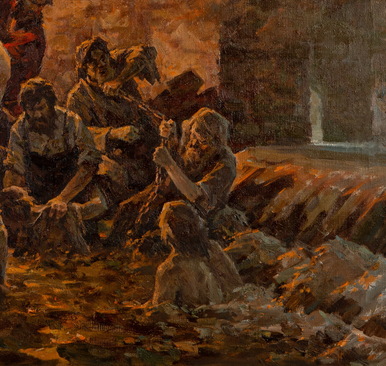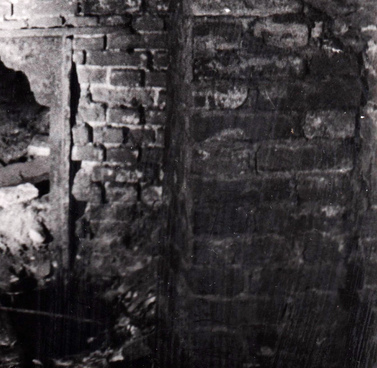The Demidovs were a noble family, a dynasty of Russian industrialists, founders and owners of metallurgical plants in the central part of Russia and the Urals, philanthropists, collectors and patrons of the arts who were well-known in Russia and Europe. The founder of the Demidov dynasty — Nikita Demidovich Demidov (Antyufeyev) — was a blacksmith from the city of Tula. Nikita Demidovich mastered blacksmithing at a very young age and was very good at it. First an apprentice, he quickly became a famous and successful master. In Tula, Nikita built a small plant, which became the first of many metallurgical enterprises founded by him and his descendants.
After conducting an examination of Nevyansk iron ore and assessing the prospects for the development of metallurgy in the Urals, Nikita Demidov decided to move to the Urals. In March 1702, Tsar Peter I, who knew and highly valued the blacksmith, granted him the newly built Nevyansk plant — that was how the Demidov “mining kingdom” began. In the following years, Nikita Demidov, with the help of his eldest son Akinfiy, built several more enterprises in the Nevyansk region: Shuralinsk, Byngovsk, and Verkhnetagilsky plants. The Nevyansk plant became the “capital of the mountain kingdom”, the headquarters that the Demidovs used to control their vast estates and the metallurgical plants they created in Russia.
In 1709, Nikita Demidov was rewarded “for… faithful services and the supply of Siberian iron” and was made a commissar (which was the rank of a civil servant). In July 1720, Nikita Demidov bought an estate in the Nizhny Novgorod district of the Barminskaya volost. He intended to be ennobled in the future, since only nobles could own estates. The lands he acquired were infertile, the local iron ore deposits were sparse and quickly exhausted, so it is obvious that the purpose of this purchase was to obtain nobility. Personal nobility of the All-Russian Empire with the assignment of the surname Demidov “for faithful service and special diligence and zeal in the production of copper and iron factories” was granted to Nikita Demidovich Antyufeyev by Decree of the Sovereign Emperor Peter the Great.
Nikita Demidov became the first Russian citizen to be ennobled. This suggests that the sovereign highly valued Demidov’s services in Russian metallurgy and weapons manufacturing. However, this diploma was either not issued or was lost, and to confirm it, Empress Catherine I issued a diploma for Demidov’s sons.




